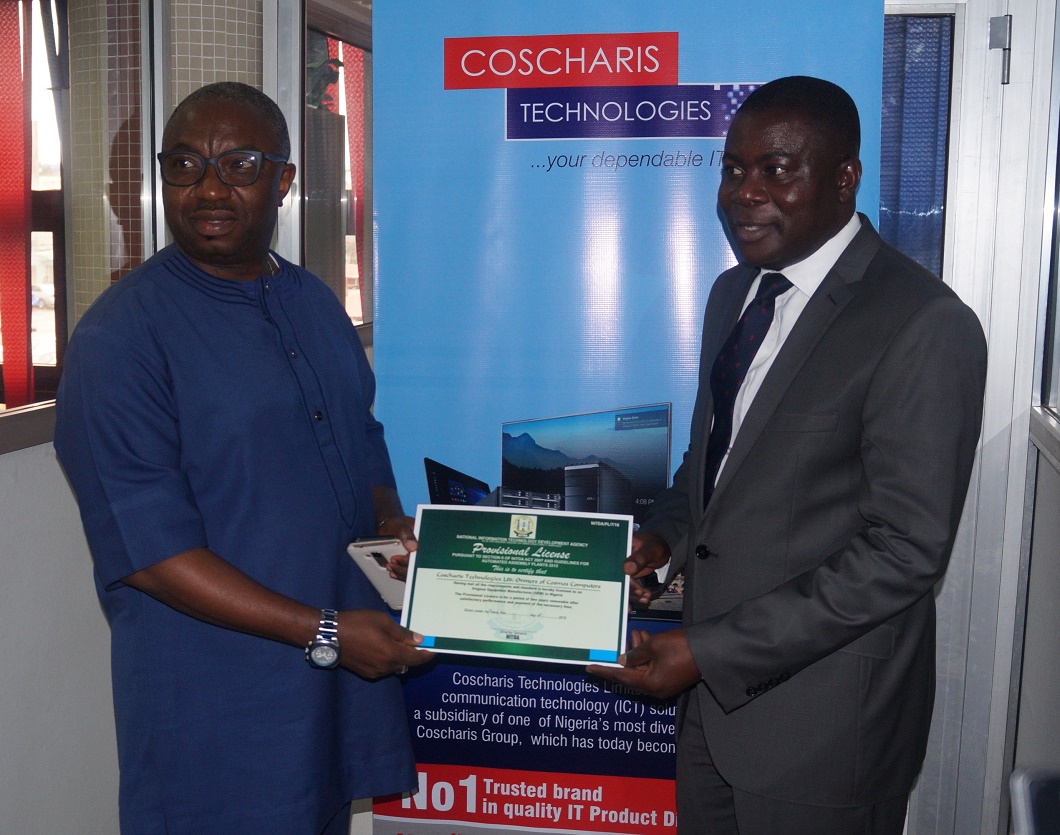Manufacturers Criticize NITDA Over Fake Computer Surge

Nigeria’s Tech Industry Confronts Allegations of Counterfeit Devices in Government Projects
Nigeria's information technology sector is under scrutiny as local computer manufacturers raise concerns over the alleged supply of counterfeit devices in government-backed ICT projects. The Certified Computer Manufacturers of Nigeria (CCMON) has accused contractors working under the National Information Technology Development Agency (NITDA) of supplying cloned versions of “SPEEDSTAR” laptops, a product developed by Lagos-based Beta Computers.
The group claims that NITDA failed to address a formal complaint filed in August 2024. Adenike Abudu, President of CCMON, stated that this situation represents a clear case of economic sabotage. She emphasized that it undermines local innovation and violates Nigeria’s commitment to promoting locally manufactured products. A copy of the letter was shared with The PUNCH, highlighting the severity of the issue.
This incident has sparked renewed questions about the enforcement of Nigeria’s Executive Order 003, which requires government agencies to prioritize locally produced goods in public procurement. According to CCMON, this is not the first time original equipment manufacturers (OEMs) have raised concerns about counterfeit products in government projects. However, the organization believes this case presents the first instance of credible and actionable evidence of such practices, which should be thoroughly investigated.
Will Anyaegbunam, Managing Director of Beta Computers and former President of the Information Technology Association of Nigeria, expressed concern over the reputational damage caused by the distribution of fake PCs. He warned that this could harm investor confidence in Nigeria’s manufacturing potential. Anyaegbunam also criticized NITDA for not taking the issue seriously, calling piracy a serious economic crime that undermines the President’s economic policies.
He added that stakeholders are questioning NITDA’s commitment to its own local content policies. This sentiment reflects growing frustration within the industry about the lack of effective enforcement mechanisms.
In response to the allegations, NITDA denied the claims, stating that it does not endorse specific computer brands during procurement processes. The agency clarified that it only provides technical specifications aligned with national standards. In an official letter dated 29 July 2025, NITDA addressed the claims made by Beta Computers, noting that the project in question took place in 2019. The agency suggested that any faults discovered after six years of use may not necessarily indicate counterfeiting.
NITDA further stated that it does not mandate or approve particular OEM brands for procurement. Contractors, according to the agency, bear full responsibility for ensuring the equipment they supply meets technical standards. Regarding allegations of collusion between NITDA staff and contractors, the agency noted that no documentary or testimonial evidence was submitted by CCMON to support such claims.
“We take all allegations of corruption seriously,” the regulator said. “However, in the absence of credible proof, such accusations remain speculative. NITDA is willing to initiate disciplinary or legal action should verifiable evidence be presented.”
The agency also argued that Beta Computers should have conducted an internal investigation to confirm the integrity of its own products before raising concerns about a project that occurred six years ago.
This controversy has reignited concerns among industry observers regarding the enforcement of Nigeria’s local content policy in the ICT sector. CCMON warns that if issues of piracy and counterfeiting remain unresolved, Nigeria’s ambitions to build a globally competitive technology manufacturing sector may be undermined.
The ongoing dispute highlights the need for stronger oversight and accountability mechanisms to ensure that government procurement aligns with national interests and supports local innovation. As the debate continues, stakeholders across the industry await a resolution that will restore confidence in Nigeria’s ICT sector.

Comments
Post a Comment